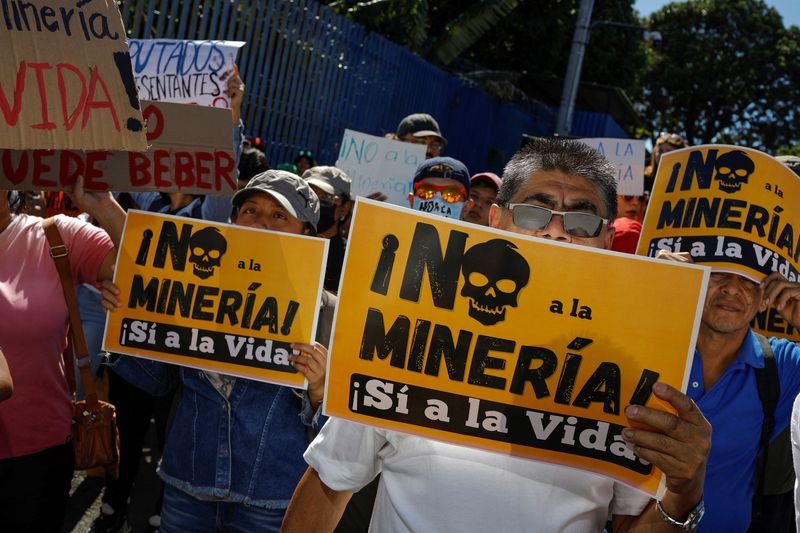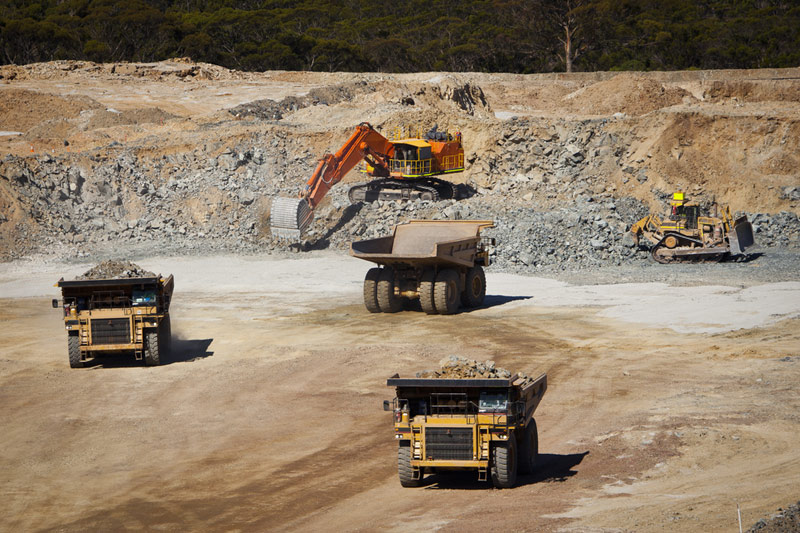SAN SALVADOR (Reuters) – El Salvador’s legislature on Monday overturned a seven-year-old ban on metal mining, a move that President Nayib Bukele had pushed for to boost economic growth but had been opposed by environmental groups.
In 2017, El Salvador became the first country in the world to ban all forms of metal mining. Bukele, who came to power in 2019, called the ban absurd.
All 57 of Bukele’s allies in the Central American country’s 60-seat legislature voted in favor of the president’s legislation to overturn the ban.
The legislation will give the Salvadoran government exclusive authority over mining activities in the country’s land and sea areas.
“By creating a law that puts the state at the center, we guarantee that the well-being of the population will be at the center of decision-making,” lawmaker Elisa Rosales of Bukele’s New Ideas party said in a speech to the legislature.
The legislation bans the use of mercury in mining and seeks to declare some areas incompatible with metal mining as protected nature reserves.
El Salvador’s economy is expected to grow 3% this year, according to the International Monetary Fund, but the country has a heavy debt burden that reached levels of about 85% of gross domestic product earlier this year.
Bukele, who enjoys wide popularity among voters following a crackdown on gangs, has touted the economic potential of mining for the country of about 6 million people.
The president shared on social media last month that surveys conducted in just 4% of Salvadoran territory where mining is possible have identified gold deposits worth some $132 billion, equivalent to about 380% of the country’s GDP El Salvador.
“This wealth, given by God, can be used responsibly to achieve unprecedented economic and social development for our people,” Bukele wrote at the time.
Dozens of people protested to Congress on Monday against the mining reauthorization, arguing that future projects could impact the communities and ecosystem of the smallest country in Central America.

“We are against metal mining because it has been technically and scientifically proven that mining in the country is not viable,” environmentalist Luis Gonzalez told reporters.
“The level of pollution that would result in the water, soil and biodiversity is unacceptable for life as we know it.”


